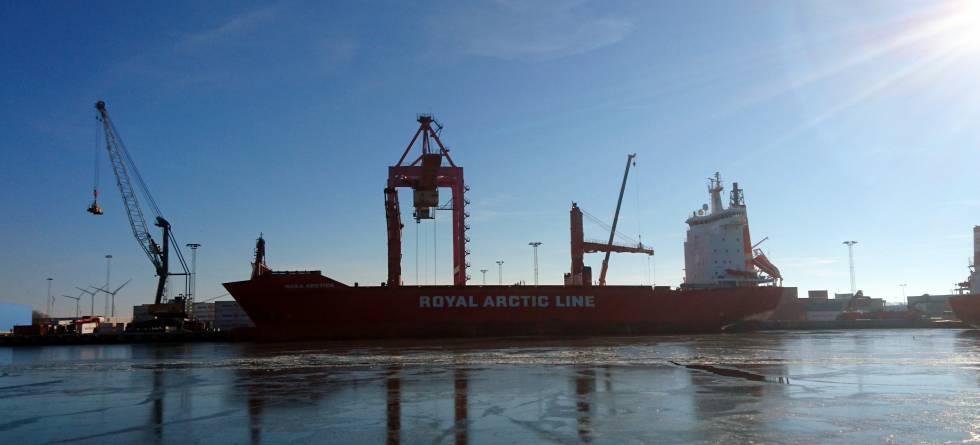Scientists in the UK and other EU countries tighten their cooperation to improve greenhouse gas measurement. Long-term observation of these gases is crucial to predict the climate change and to mitigate its consequences.
To provide and further develop standardised greenhouse gas observations especially in the sea areas, the United Kingdom and Norway will co-host an ocean themed centre of excellence within ICOS, Integrated Carbon Observation System. ICOS is a distributed research infrastructure measuring greenhouse gases in Europe and the adjacent oceans.
The ICOS Ocean Thematic Centre is responsible for providing the high-quality data needed to quantify the changing role of the ocean in the global carbon cycle. The Ocean measurements are carried out on commercial ships, fixed stations and repeat hydrography. The Ocean Thematic centre supports these e.g. through training the station personnel and evaluating new sensors and methodologies. One of the key tasks of the centre is also to assist in data collection and carry out the rigorous ICOS quality controls in order to ensure the standardised high quality of the ICOS data also on the marine sphere.
The other two ICOS centres of excellence concern ecosystem observations and atmosphere observations. ICOS also runs two central analytical labs for calibration standards and specific analyses on air samples.
UiB joined by National Oceanographic Centre and University of Exeter
Dr Werner Kutsch, Director General of ICOS, is very positive about the UK joining forces with Norway:
“The UK and Norway have a centuries long history of sea-faring and also deep knowledge in marine research. Pooling their assets will bring forth developments in terms of standardisation, technology and data quality. I hope this cooperation will also spread the message that research infrastructures are sustainable providers of environmental observations for science and society even beyond current ICOS countries, to the entire global ocean community.”
Until now, the ICOS Ocean Thematic Centre has been hosted by Norwegian Research Center and University of Bergen in Norway, but now the two British research organisations across the Northern Sea join in: National Oceanography Centre and University of Exeter.
Professor Douglas Connelly from National Oceanography Centre in the UK, says research infrastructures bring together scientists working across disciplines and across national boundaries:
“We joined ICOS because the greenhouse gas issue is global, and we are delighted to play our part in solving them through research and collaboration. Addressing these big-picture questions demand large-scale, long-term investments, which need to be organized through a solid legal structure. We want to operate together in a joined up way and deliver solutions for the good of humanity.

